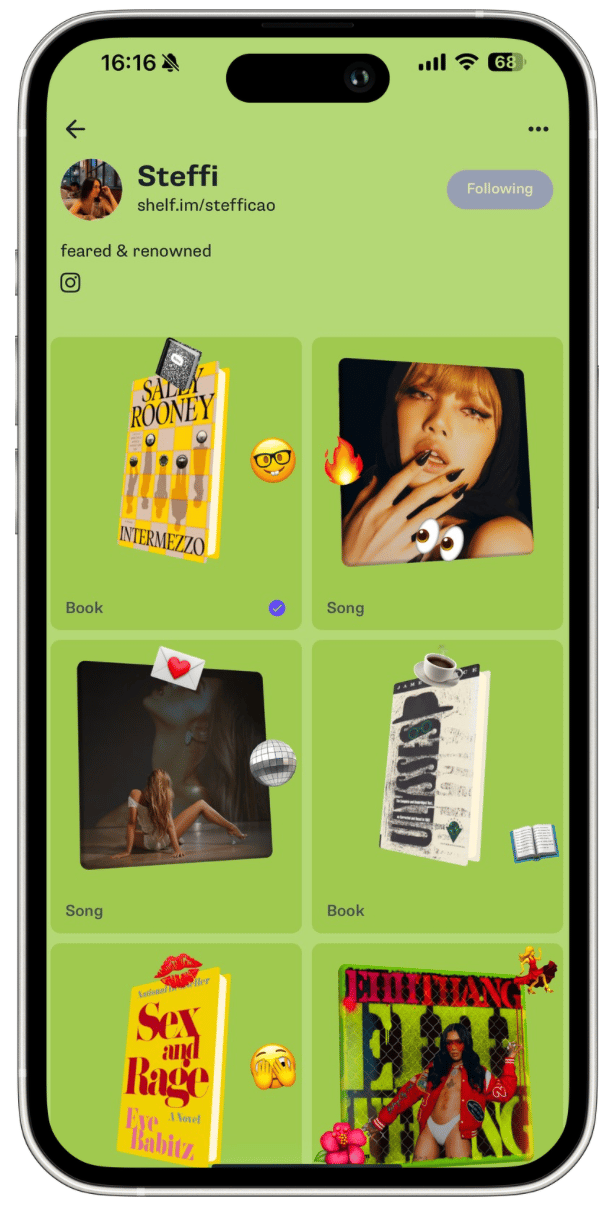
If award show season is truly a series of celebrations for pop culture lovers, the Oscars have long been the office holiday party that you dread going to the most: perhaps the work is something you care about, but the celebration is stressful, the logistics a mess, and some raffle prize always goes to your coworker who you just can’t stand. Remember when La La Land was mistakenly announced as Best Picture over Moonlight, or when there were zero BIPOC actors nominated ten years ago, spurring the #OscarsSoWhite movement? In the days leading up to Sunday’s show, the mood felt grim as real cinephiles marched towards Hulu with nauseously gritted teeth to see if their favorite pieces of art would be screwed over once more.
There was already dissent, of course. The bisexual baristas and chronically online community felt that Challengers was snubbed from this year’s lineup (I will not explain the plot of Challengers—you’re reading this on ShelfMag—you definitely know what happens); Variety interviewed anonymous Oscar voters who revealed they hadn’t seen the entire slate of contenders; perhaps most controversially, thriller musical Emilia Pérez, a movie about a trans Mexican woman written by a cis French man, was given thirteen nominations.
Many were fearful of the worst case scenario as scandal and controversy continued to dog the nominees. Amidst it all was one underlying question: can awards ever be an adequate celebration of the art that moves us and makes us feel more articulate, perceptive and empowered? After all, the Academy Awards were by MGM executive Louis B. Mayer after a slew of his own labor rights violations scandals, a dual-purpose solution that could peddle positive publicity and serve as a union-busting tool. Mayer wrote in his biography that if he gave filmmakers “cups and awards, they’d kill themselves to produce what I wanted.” A little over a year after the SAG-AFTRA and WGA strikes ended, is this system still enough for us to acknowledge the creative strides that people take to drive culture?
Sure, there were high points. No Other Land clinched a documentary feature film win and spoke about Palestinian liberation in front of an audience of Hollywood executives and also Gal Gadot, who won nothing. Ariana Grande and Cynthia Erivo sang together and cried again (laudatory). Emilia Pérez won Best Original Song, which led to the songwriter singing it into the microphone during their acceptance speech, which I consider a high point largely because we got to stare down the barrel of exactly what kind of mind could concoct such a film.
But this Oscars really felt like one last plea to the public in an effort to prove that it can be a cultural mirror in this country, even if it was never intended to be one in the first place. The thread of irony played out in a truly cinematic way: Anora director Sean Baker gave an acceptance speech about the importance of going to movie theaters and supporting independent films, and then moments later, Hulu crashed just before the end of the program and cut thousands of viewers out of the show. At some point we just need to use the wrap it up music.
Curious about what Steffi is into? Get real-time updates at shelf.im/stefficao
